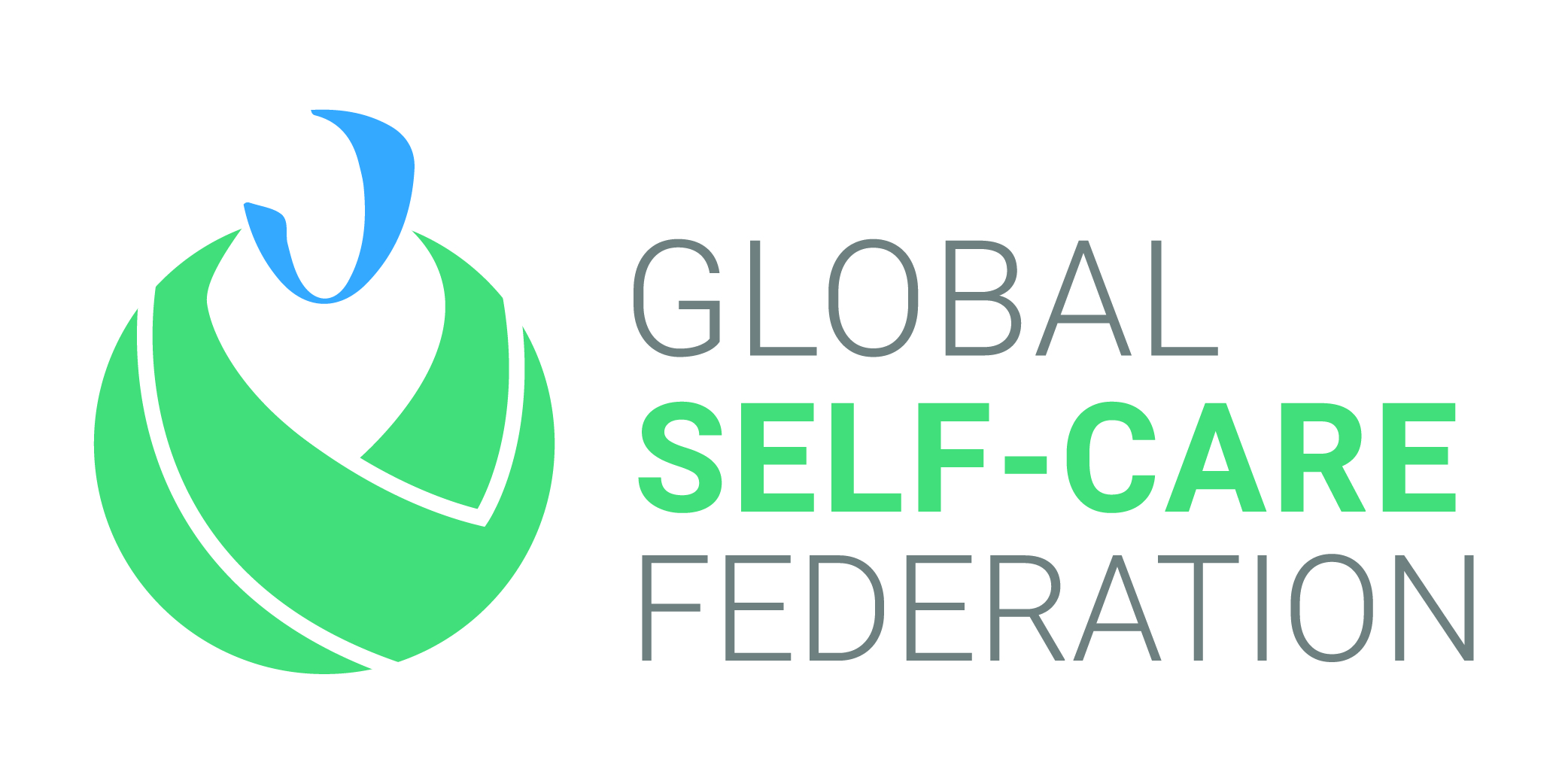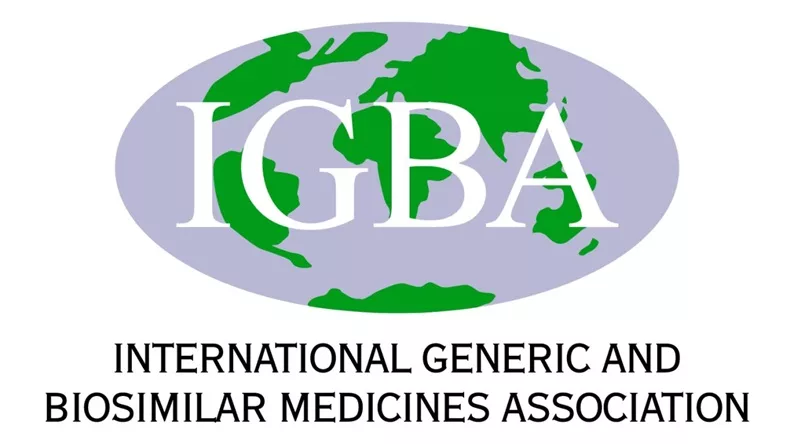EB154 constituency statement on non-communicable diseases
On 24 January, IFPMA, GSCF, and IGBA delivered a joint constituency statement on non-communicable diseases and Universal Health Coverage (UHC) at the WHO 154th Executive Board in Geneva, Switzerland.
We welcome the Executive Board (EB) report on NCDs and WHO’s continued efforts to tackle one of the greatest health challenges of our lifetimes. With childhood obesity and diabetes on an alarming rise, alongside population ageing, urbanization, climate change, air pollution amongst other factors, a life-course approach to tackling NCDs is critical given the unsustainable pressures chronic conditions and co-morbidities are placing on healthcare systems worldwide. The pandemic illustrated that people living with NCDs were by far the most vulnerable to serious complications and death, and they were also most impacted by the disruption to essential services that people living with NCDs so heavily rely upon. The “perfect storm” that chronic conditions and pandemics create underscores the need for strong and resilient health systems.
As we emerge from a prominent year for UHC, we must now focus our efforts on implementation and achieving UHC on the ground. Prevention, treatment, diagnosis, and care must be prioritized in essential benefits packages for NCDs, with primary healthcare being the foundation of UHC. This cannot be done without comprehensive treatment and care for NCDs for all being at the core, and meaningful engagement of several actors.
Alongside our collective advocacy efforts to keep NCDs high on the global agenda, we need to develop solutions that reach people living with NCDs, regardless of where they live. To achieve this, we urge WHO to leverage the capabilities of all non-state actors and reiterate that the private sector is committed to improve access for those living with NCDs. We welcome the recognition of our sector as an important partner in global health within the draft 14th Global Programme of Work for WHO (GPW 14), and we look forward to seeing how improved engagement will take place in practice.
We believe the private sector has been and remains a necessary and critical partner in addressing the gaps in response to NCDs. We are a committed stakeholder in tackling NCDs, and we will continue working with others to build access solutions and contribute toward stronger health systems to improve the lives of people living with NCDs. Meeting UHC objectives cannot be achieved without clear leadership and political will to prioritize investments in NCD management and investments, with primary healthcare as the foundation. UHC is the only solution to ensuring a stable and predictable flow of resources to the health sector that brings health outcomes for all.
a joint statement BY:


About IFPMA
IFPMA represents the innovative pharmaceutical industry at the international level, engaging in official relations with the United Nations and multilateral organizations. Our vision is to ensure that scientific progress translates into the next generation of medicines and vaccines that deliver a healthier future for people everywhere.
ifpma.org
To achieve this, we act as a trusted partner, bringing our members' expertise to champion pharmaceutical innovation, drive policy that supports the research, development, and delivery of health technologies, and create sustainable solutions that advance global health.




